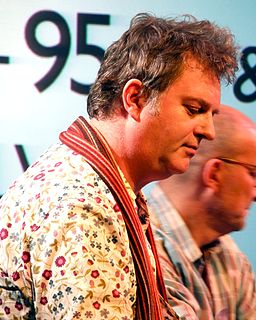A Quote by Carl Jung
Not nature, but the "genius of mankind," has knotted the hangman's noose with which it can execute itself at any moment.
Related Quotes
The Man of Genius may at the same time be, indeed is commonly, an Artist, but the two are not to be confounded. The Man of Genius,referred to mankind, is an originator, an inspired or demonic man, who produces a perfect work in obedience to laws yet unexplored. The artist is he who detects and applies the law from observation of the works of Genius, whether of man or nature. The Artisan is he who merely applies the rules which others have detected. There has been no man of pure Genius, as there has been none wholly destitute of Genius.
All death in nature is birth, and at the moment of death appears visibly the rising of life. There is no dying principle in nature, for nature throughout is unmixed life, which, concealed behind the old, begins again and develops itself. Death as well as birth is simply in itself, in order to present itself ever more brightly and more like to itself.
Young writers if they are to mature require a period of between three and seven years in which to live down their promise. Promise is like the mediaeval hangman who after settling the noose, pushed his victim off the platform and jumped on his back, his weight acting a drop while his jockeying arms prevented the unfortunate from loosening the rope. When he judged him dead he dropped to the ground.
It is justly considered as the greatest excellency of art to imitate nature; but it is necessary to distinguish those parts of nature which are most proper for imitation: greater care is still required in representing life, which is so often discoloured by passion or deformed by wickedness. If the world be promiscuously described, I cannot see of what use it can be to read the account; or why it may not be as safe to turn the eye immediately upon mankind, as upon a mirror which shows all that presents itself without discrimination.
Good and wise men, in all ages, have embraced a very dissimilar theory. They have supposed that the deity, from the relations we stand in to himself and to each other, has constituted an eternal and immutable law, which is indispensably obligatory upon all mankind, prior to any human institution whatever. This is what is called the law of nature....Upon this law depend the natural rights of mankind.





































